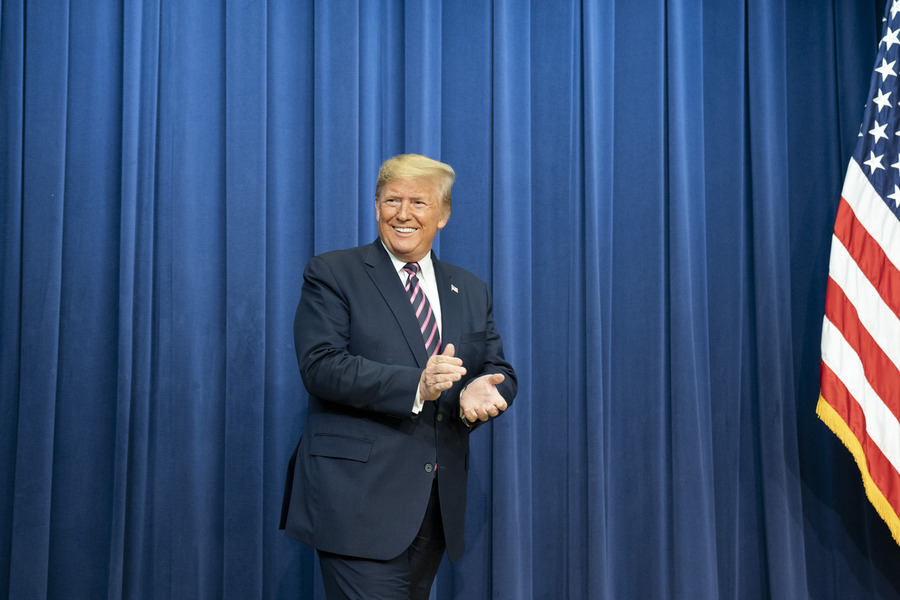Yet while the process failed, it was not entirely pointless. It served at least three functions that partially, though only partially, redeem it.
The first and most visible of the three is that the cases created a record. The record is substantially bigger than the portion of it that is public. Eventually, more of it may become public. But even the record we have now across three of the four cases (the Georgia case did not advance far enough to produce much of a record) offers a great deal of clarity and precision about what Trump did, about how he did it, and about what prosecutors were prepared to prove beyond a reasonable doubt to a jury—and in one case actually did so.
…
The second benefit is subtler, but it is one I witnessed with my own eyes. Whatever else Trump may have gotten away with, he did have a moment of accountability in New York. That moment lasted for six weeks this past spring, when Trump was forced to sit in a courtroom, day after day, as witness after witness came up and testified in his presence about his conduct before a judge to whose authority he was forced to submit. Trump then had to sit there while 12 nobodies deliberated about his conduct and judged him. And he had to sit there as they delivered that judgment on dozens of counts—against him.
I do not want to overstate the importance of this moment of accountability. I don’t believe for a second that the experience of watching that process and being judged changed him or will alter his future behavior. I merely want to suggest that it visibly disquieted him and that this process of being judged was unlike anything he had been through before. .
…
… that moment of his conduct being subject to human judgment that he cannot persuade, cajole, or terrorize has, I believe, real value.
So too does a third aspect of the criminal justice process with respect to Trump’s conduct: the impact on those who aided him. While it’s clear that the cases against Trump are going away, and likely that Trump will pardon many or all of the Jan. 6 defendants, those facing charges in state court for 2020 election misconduct are not quite so lucky. They cannot be pardoned by the president, and freezing the Georgia case against him doesn’t necessarily freeze it against others. There are other state cases in a variety of jurisdictions. It’s hard to be a lawless president without the assistance of others. And these cases remain important because they may deter others from helping Trump in future lawlessness. And that has real value too.
The trouble is that none of it has enough value.
In the end, the process failed. If the Trump trials stand for one thing, they stand for the proposition that John Adams was wrong when he wrote that inspiring nonsense about having “a government of laws, not men.” The moral of the story of the Trump trials is that the criminal justice system will not ultimately rein in the tyrant if the people don’t want it to.



Not at all at the “same level.” But there needs to be culpability regardless of the level of the crime.
Most of us are sick of the rich and politically connected getting away with their crimes. Comments like yours make it clear you only want accountability for those you oppose, but forgiveness for the ones you support. You can’t build a movement on that.
I mean, that is at least somewhat fair.
Now, do I think that Biden who apparently did not know, had zero intent, and showed no resistance to getting those documents back to the right place would be charged? Most likely not. But I do agree that justice should prevail all the same.
I’m more concerned about his multiple violations of Leahy Laws.